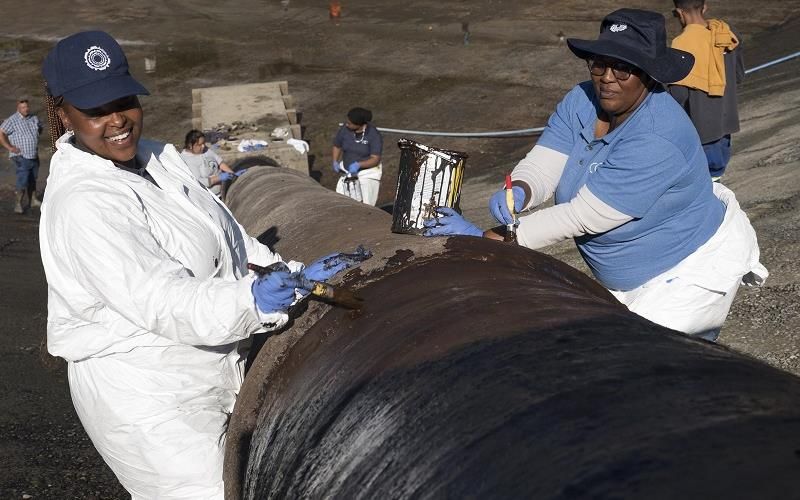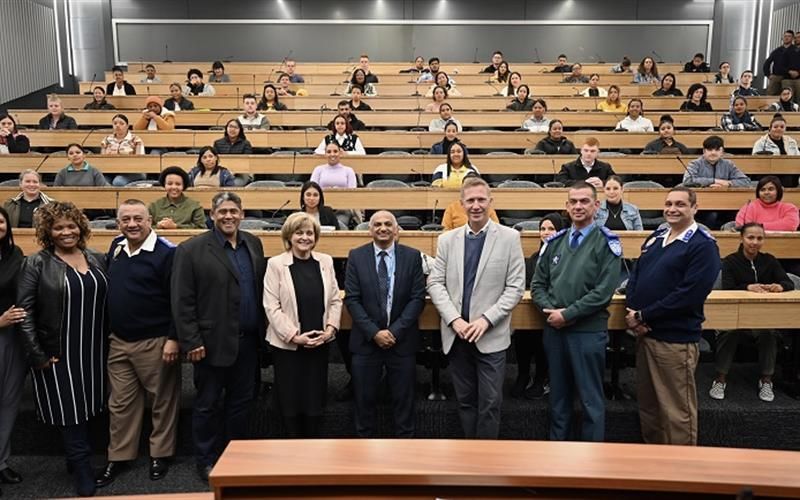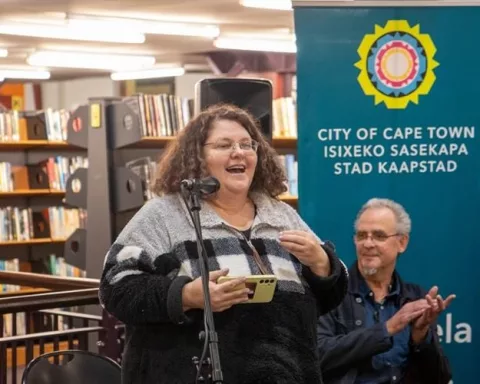The Department of Mineral Resources and Energy (DMRE) has recently faced controversy over an inaccurate report by Business Day claiming a discrepancy in the submission of the Draft Electricity Regulation Amendment Bill (2023) to Parliament. The DMRE has clarified that the submitted version is identical to the one approved by the Cabinet in March 2023.
The Journey of the Bill
The Electricity Regulation Act (ERA) Amendment Bill received Cabinet’s approval on 29th March 2023. After submission to Parliament on 20th April 2023, the DMRE received a request from Parliament on 5th May 2023 for the Bill’s resubmission to incorporate additional inputs from Operation Vulindlela and National Treasury. The DMRE submitted the Bill on the same day to the mentioned institutions. The Bill’s processing falls under Parliament’s purview, and the DMRE has been in close contact with OCSLA, facilitating its expeditious progression. Following certification, OCSLA transmitted the Bill to Parliament on 15th August 2023.
Refuting Allegations
Claims attributing delays to the Minister of Mineral Resources and Energy are baseless and resemble a targeted smear campaign against the Minister. The DMRE has denied allegations that they submitted a different or incorrect version of the Bill to Parliament.
Importance of the Bill
The Electricity Regulation Amendment Bill aims to address the challenges faced by South Africa’s energy sector, bringing forth a new era of energy production and management in the nation. Its potential impact is far-reaching, signaling the possibility of a more diverse and resilient energy landscape. It could drive the growth of renewable energy sources and foster innovation in the energy market, while also ensuring energy security for its citizens.
Implications Beyond the Energy Sector
The Bill’s implications stretch beyond the energy sector, opening the doors for economic growth and development through increased investment in the industry. The transformation of South Africa’s energy landscape could result in job creation and capacity building, ultimately contributing to the nation’s overall progress.
The Electricity Regulation Amendment Bill signifies the nation’s ambition to harness a sustainable and secure energy future. Its successful implementation not only holds the potential to revolutionize South Africa’s energy sector but also contributes to the country’s overall growth and development.








